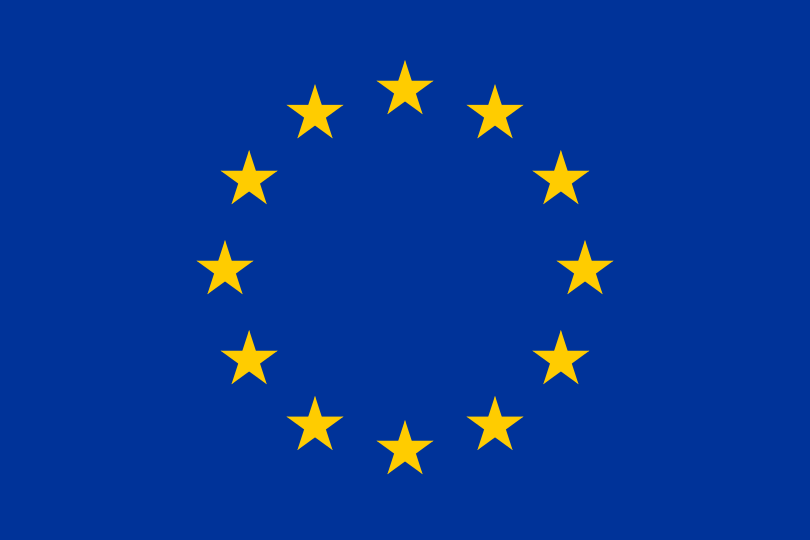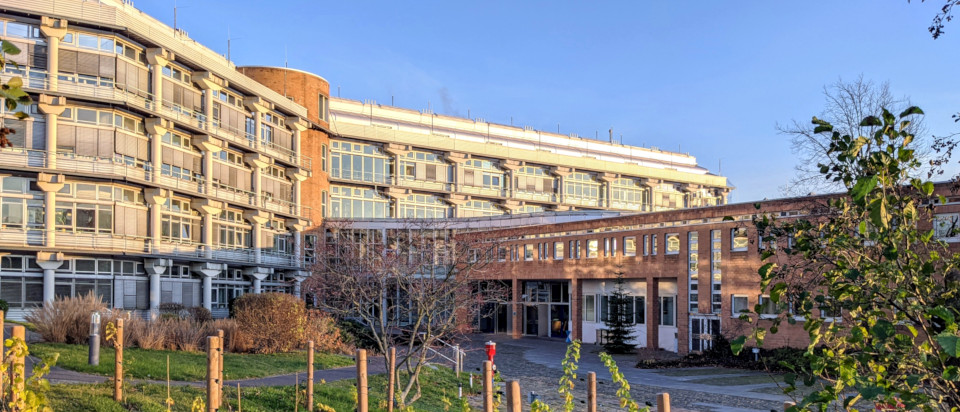New template for isochronous stability studies
The EURL Berlin now offers an Excel template for isochronous stability studies. Apart from a short tutorial on isochronous studies, the worksheet combines the study plan, the measurement results, an optional statistical evaluation and a summary. You may download the template and an example here.
Update: Joint EURL-Workshop in Berlin 21-23 May 2024
This year, the annual Workshop in Berlin will be organised as a joint Workshop of the 3 EURLs for Residues (ANSES, BVL and WFSR). The Workshop will take place from 21 to 23 May 2024 in Berlin (on-site). Further information will follow by e-mail.
BETA0324: Registration now open
Starting from today until 26 February 2024 eligible laboratories are asked to register for the upcoming proficiency test on the determination of beta-agonists in lung and liver. More information is available here.
2024 EURL Berlin Proficiency Tests
The EURL Berlin is planning to organise two proficiency tests in 2024. Scheduled for the first and second quarter is a proficiency test on beta-agonists in tissue (liver and lung). The participants will be provided with 3-4 test items produced from incurred samples.
For the third and fourth quarter we are planning a proficiency test on avermectins in bovine milk. For this PT we are also producing 3-4 samples from incurred material.
Laboratories eligible for participation in any of the PTs will be contacted in due time regarding the registration process.
STRD1023: Change of deadline
Since the sample shipment for STRD1023 took an unexpectedly long time the deadline for result submission will be pushed to 01 December 2023. Should we find any evidence for analyte depletion, we will take action so that the proficiency assessment is not affected.
Due to a request by a participant the deadline for result submission for the proficiency test STRD1023 has been postponed to 08 December 2023.
COCC0423: Final Report
We are pleased to announce that the final report for the proficiency test COCC0423: Coccidiostats in liver is now available. Please retrieve your copy from the FIS-VL. We also would like to ask you to fill out the follow-up questionnaire. All participants have received the password via e-mail.
International Training for Safer Food
Dear colleagues,
On behalf of our co-workers in the ITS Food Team we are pleased to invite you to BVL’s International Training for Safer Food. This event is an international training course on food safety risk aimed at staff working in public authorities of non-EU countries handling issues related to food safety. The event will be held virtually in February/March 2024 and will focus on residues and contaminants.
The application period has just started! You may apply online from now on until November 30, 2023.
To adapt the training times for participants from around the globe, we will offer the same training twice for four half days each:
February, 26 to 29, 2024 (for participants from eastern hemisphere)
March, 04 to 07, 2024 (for participants from western hemisphere)
You may select only one round. French interpretation will be provided for the second round. The training will be free of charge.
You may now also check out the preview of our programme for ITS Food 2024!
It would be a pleasure to welcome you and your colleagues to this training.
Please feel free to forward this information and spread the word to colleagues who might be interested.
EURL Guidance Document on Screening Method Validation published
In order to support the harmonised interpretation and the implementation of the Commission Implementing Regulation 2021/808 laying down requirements for the performance of methods for the analysis of veterinary drug residues, COM has asked the EURLs to provide guidance documents dealing with specific aspects which might require supplemental information. Now, the EURL Guidance Document on Screening Method Validation has been finalised and is available as of today.
The starting point for the document was the previously available screening guideline in accordance with CD 2002/657. The three EURLs have made sure to retain well-established principles while also updating the document to meet the new requirements. The first draft was circulated within the laboratory network this summer. The NRLs’ feedback was collected and discussed during the ANSES workshop in June. The EURLs would like to sincerely thank all of you for your suggestions and remarks. The feedback was considered for the preparation of this version 1.1 of the guidance document. Although the document represents the EURLs’ interpretation of CIR (EU) 2021/808 and is meant as a support for all laboratories, it is not seen as mandatory to follow. Other approaches are possible, if they provide plausible and comparable results. However, we sincerely hope that you will find the document useful. As is the case with all EURL Guidances, the document is to be understood as non-static, meaning that should you notice aspects which might require further information, you are welcome to submit your remarks to the EURLs for review.
NIIM1122: Final report
We are pleased to announce that the final report for the proficiency test NIIM1122: Nitroimidazoles in porcine muscle is now available. Thank you for your patience. Please retrieve your copy from the FIS-VL. We also would like to ask you to fill out the follow-up questionnaire. All participants have received the password via e-mail.
STRD1023: Registration is now open
Following up on the positive feedback received for the first proficiency test on precision and accuracy in the analysis of standard solutions organised in 2021, the EURL Berlin is please to announce a new round of this format for October 2023. All eligible laboratories will receive the official announcement by e-mail later today. Due to the limited number of test items available, the EURL Berlin reserves the right to limit the number of participants. Please find more details on the proficiency test here.
 EURLs for Residues of Veterinary Medicinal Products
EURLs for Residues of Veterinary Medicinal Products 

